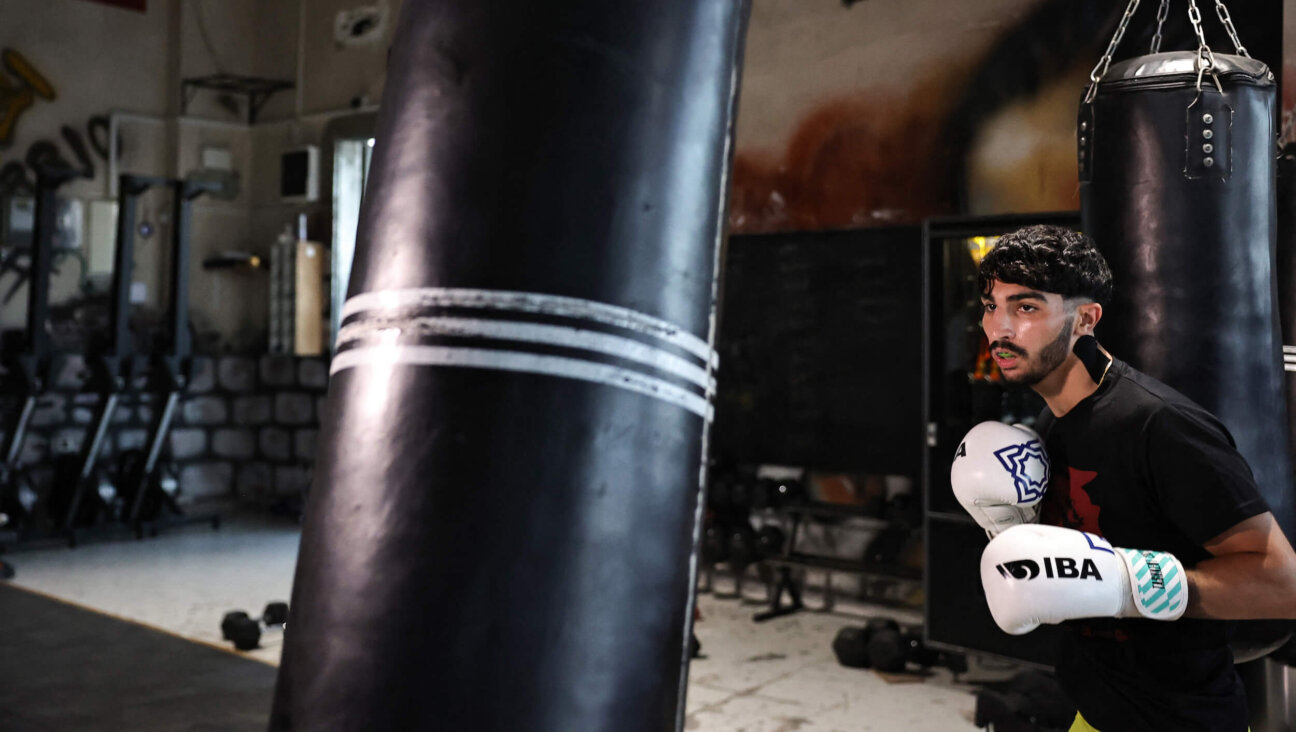The Way We Eat
Two images of America’s children this summer illustrate the sharp divide over the way we eat: The first is from one of the growing number of Jewish summer camps with a fresh emphasis on healthy diet and helping youngsters make informed choices about food. These camps are raising fruits and vegetables, reducing the amount of soda and sweets that are served, and purchasing ingredients from local and organic sources. Goodbye bug juice, hello salad bar.
The second image comes from the depressing statistics contained in a June 7 report detailing how participation in Summer Nutrition Programs has continued to erode because of recession-driven budget cuts. The Food Research and Action Center, an advocacy group working to end hunger in America through changes in public policy, reported that the number of poor children receiving free meals during the summer dropped by 90,000 from July 2008 to July 2010.
“Our choices about food should not depend on where we happen to live,” writes Oran B. Hesterman in his new book, “Fair Food.” But they do. As Hesterman argues with uncomfortable clarity, America’s broken food network is not apparent if you happen to live and shop near abundantly-stocked supermarkets and fabulous restaurants. But if you happen to live in Detroit, the 11th largest city in the country, you have to leave town to find a major supermarket. Most of the nearly $500 million in food stamps pumped into the city last year was spent at gas stations, dollar stores, pharmacies and the like — not because the poor of Detroit are irresponsible, but because they have little choice.
Hesterman’s message represents an important evolution in the increasingly popular trend of growing and consuming healthier food. He takes nothing away from the backyard garden or the organic restaurant — change has to start somewhere, and every bunch of broccoli purchased at a farmer’s market adds up.
But it can’t just be about Berkeley and Brooklyn. It also has to be about Detroit. “My concern isn’t only about bringing back heirloom tomatoes to farmers’ markets,” he writes. “My concern is making sure that those living in inner-city neighborhoods have access to tomatoes in a form other than a ketchup packet at a fast food joint.”
Real political engagement is key. It’s the only way to realign the billions of dollars in public monies spent to prop up a food network that produces lots of cheap eats at low cost, but to damaging consequence to our diets, farmland, environment and safety.
This is a Jewish issue every bit as much as it is an American issue. With a tradition that puts a premium on how meat is slaughtered and meals are prepared, in which food consumption itself is a holy act, we have an obligation to look beyond our own table to work for a healthier, more equitable system.
There are many Jewish institutions doing that work; the Forward is fortunate to partner with Hazon on our popular blog Jew and the Carrot, and together we aim to raise consciousness about these issues and to map out ways that Jewish schools, synagogues and summer camps can respond.
Hesterman encourages a shift from conscious consumer to engaged citizen. If that can happen, then the campers growing their own lettuce this summer in plentiful gardens will one day work to reform a system that consigns other children their age to a desert stripped of sustenance.
Click here to listen to a podcast with Oran Hesterman.
A message from our editor-in-chief Jodi Rudoren

We're building on 127 years of independent journalism to help you develop deeper connections to what it means to be Jewish today.
With so much at stake for the Jewish people right now — war, rising antisemitism, a high-stakes U.S. presidential election — American Jews depend on the Forward's perspective, integrity and courage.
— Jodi Rudoren, Editor-in-Chief























